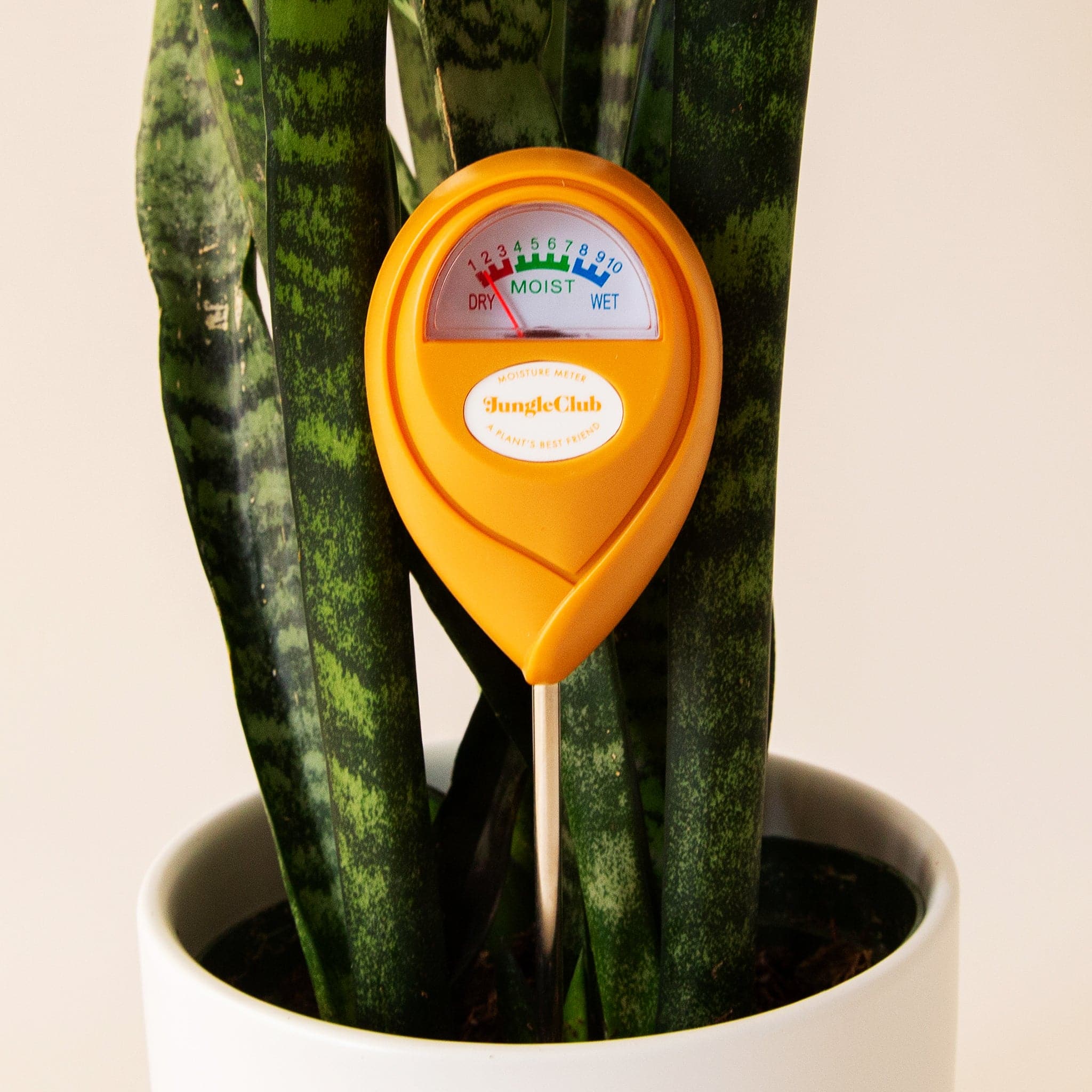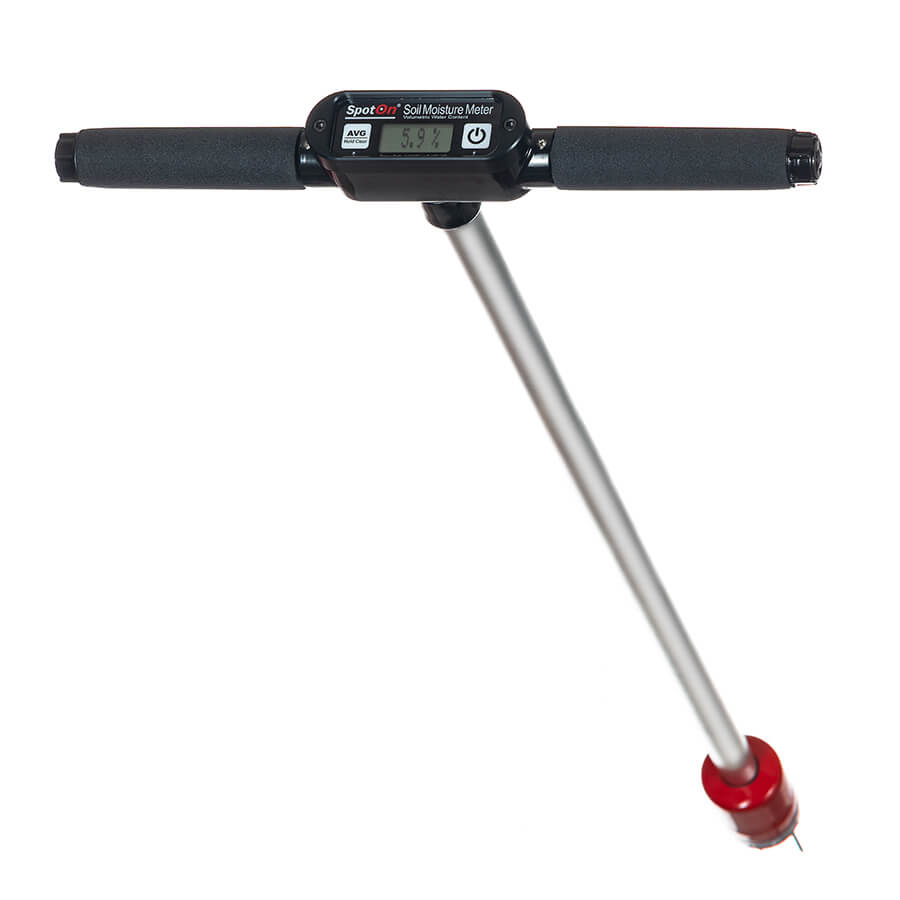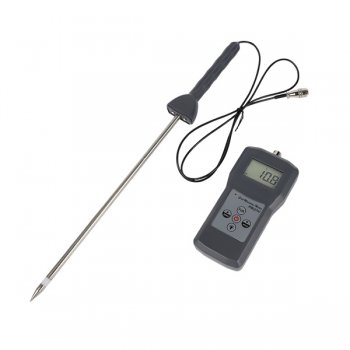Why Every House Owner Demands a Moisture Meter: Trick Advantages and Features
Why Every House Owner Demands a Moisture Meter: Trick Advantages and Features
Blog Article
The Ultimate Overview to Moisture Meters: A Comprehensive Review and Exactly How They Can Conserve You Cash
In the world of structure maintenance, building, and different industries, the significance of accurately measuring dampness degrees can not be overstated. Moisture meters act as indispensable devices in detecting and checking moisture web content in materials, aiding in preventing pricey problems and guaranteeing the quality of items. Understanding the subtleties of different sorts of wetness meters, their applications, and the prospective cost-saving advantages they supply can be a game-changer for organizations and experts alike. Finding how these tools can not only simplify processes yet likewise contribute to economic savings is a trip worth starting.
Kinds Of Moisture Meters
Different types of moisture meters are readily available for different applications in numerous industries. One usual type is the pin-type dampness meter, which determines the electric resistance between 2 pins inserted into a product. This type appropriates for wood, drywall, and various other structure materials. Pinless dampness meters, on the other hand, usage electromagnetic sensor plates to check a larger area without creating damage to the product's surface area. These meters are optimal for promptly examining dampness degrees in big areas such as floorings and walls.
In addition, there are also specialty dampness meters designed for particular materials like grain, dirt, or hay. These meters provide accurate moisture readings customized to the one-of-a-kind properties of the material being evaluated. Infrared wetness meters determine the thermal residential properties of a product to determine its moisture content non-invasively, making them useful for applications where pin or pinless meters may not be suitable. Comprehending the different types of wetness meters offered can help sectors select one of the most appropriate device for their specific wetness dimension requirements.

Benefits of Utilizing Moisture Meters

In addition, using wetness meters can cause raised power effectiveness. By recognizing locations with high moisture levels, such as leaks or bad insulation, adjustments can be made to enhance power preservation and lower energy costs. In farming settings, moisture meters play an important duty in maximizing plant returns by allowing farmers to monitor soil moisture levels and make informed irrigation decisions. Overall, the benefits of utilizing wetness meters cover throughout numerous sectors, giving cost-efficient services and promoting better high quality control methods.
Exactly How to Pick the Right Moisture Meter
Picking the ideal wetness meter includes considering vital aspects such as material compatibility, measurement array, and calibration accuracy. When choosing a dampness meter, it's important to make sure that the meter appropriates for the specific product you will be screening. Various materials have differing electric homes that can affect dampness readings, so selecting a meter designed for your product is crucial for precise results. Additionally, consider the dimension range of the dampness meter. Guarantee that the meter can detect moisture degrees within the array needed for your applications. Calibration precision is an additional crucial aspect to bear in mind (Moisture Meter). Select a moisture meter with reliable calibration to make sure regular and accurate analyses. Some meters may call for periodic calibration modifications, so recognizing the calibration process is crucial. By thoroughly reviewing these factors, you can select a dampness meter that meets your requirements and gives precise dampness dimensions for your jobs.
Correct Strategies for Moisture Meter Usage
To guarantee exact dampness readings and make best use of the performance of a wetness meter, employing appropriate techniques is crucial. When making use of a pin-type wetness meter, insert the pins or probes right into the material being examined until they make complete get in touch with. By following these proper techniques, customers can rely on their moisture meter to supply reliable moisture degrees, aiding in protecting against costly damages or making sure quality in different applications.

Cost Savings Via Moisture Meter Applications
Just how can the critical utilization of wetness meters lead to considerable price savings across various markets? In the agriculture market, dampness meters help in establishing the optimum time for harvesting crops, avoiding over-drying or excess wetness that can affect the last item's high quality.

In addition, in the food handling sector, dampness meters are essential for keeping track of product quality and guaranteeing compliance with security policies. By precisely measuring moisture content in food, manufacturers can prevent wasting, preserve quality, best site and minimize waste, leading to considerable cost savings. On the whole, the critical application of moisture meters is a valuable financial investment that can bring about significant expense reductions and improved performance throughout various sectors.
Verdict
In final thought, dampness meters are beneficial devices for determining and identifying moisture degrees in numerous products. By utilizing the best dampness meter and adhering to appropriate strategies, users can successfully protect against pricey problems go to the website created by excess moisture.
Moisture meters serve as indispensable tools in spotting and keeping track of moisture material in products, assisting in preventing pricey damages and guaranteeing the high quality of items. Infrared dampness meters determine the thermal residential properties of a product to determine its moisture content non-invasively, making them useful for applications where pin or pinless meters might not be ideal.Dampness meters supply invaluable advantages in accurately keeping an eye on and Check This Out analyzing dampness degrees in diverse materials and environments. In agricultural setups, wetness meters play a critical duty in maximizing plant returns by allowing farmers to keep an eye on dirt moisture levels and make educated watering choices.In verdict, moisture meters are valuable tools for gauging and finding dampness levels in various materials.
Report this page